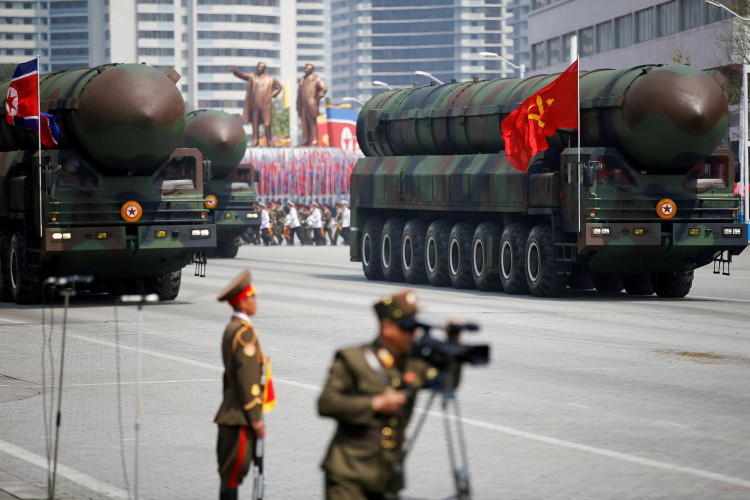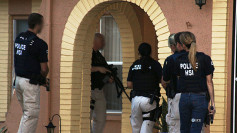According to Wednesday's statement from South Korea's Joint Chiefs of Staff, South Korean and American forces responded by staging their own missile drill.
A pair of U.S.-made ATACMS short-range ballistic missiles were fired by each side. A South Korean Hyunmoo-2 missile failed shortly after launch and crashed, although there were no casualties, according to a separate military confirmation.
The launch of a ballistic missile by North Korea over Japan elicited condemnation from all over the world, and in reaction, South Korea and the US military launched a barrage of missiles into the ocean. Tuesday's intermediate-range ballistic missile (IRBM) launch by nuclear-armed North Korea sent it soaring over Japan for the first time in five years, prompting a warning for locals to seek shelter.
The European Union called the test a "reckless and deliberately provocative action," US President Joe Biden and Japanese Prime Minister Fumio Kishida denounced it in the "strongest terms," UN Secretary-General Antonio Guterres condemned the launch and said it was a violation of Security Council resolutions.
The United States requested a meeting of the UN Security Council on Wednesday to discuss North Korea, but diplomats said China and Russia are opposed to the 15-member body holding a public discussion.
"It is also of serious concern that the DPRK has again disregarded any consideration for international flight or maritime safety," UN Spokesman Stephane Dujarric said.
After calling for a public Security Council meeting, US Ambassador to the United Nations, Linda Thomas-Greenfield posted on Twitter, "We must limit the DPRK's ability to advance its unlawful ballistic missile and weapons of mass destruction programs." Along with the United States, Britain, France, Albania, Norway, and Ireland made the request.
According to diplomats, China and Russia have informed their council counterparts that they are opposed to holding a public meeting and that the council's response should instead be geared toward calming down the situation on the Korean Peninsula. On Wednesday, it was not immediately clear if the council would deliberate in public or in private. Any significant council action is unlikely, according to diplomats.
The Security Council has for years prohibited North Korea from conducting nuclear tests and ballistic missile launches and has gradually tightened sanctions against Pyongyang in an effort to cut off funding for those initiatives.
China and Russia, two countries with veto power, have recommended in recent years that UN sanctions against North Korea be eased for humanitarian reasons and to persuade Pyongyang to resume stalled international negotiations aimed at convincing leader Kim Jong Un to denuclearize.






